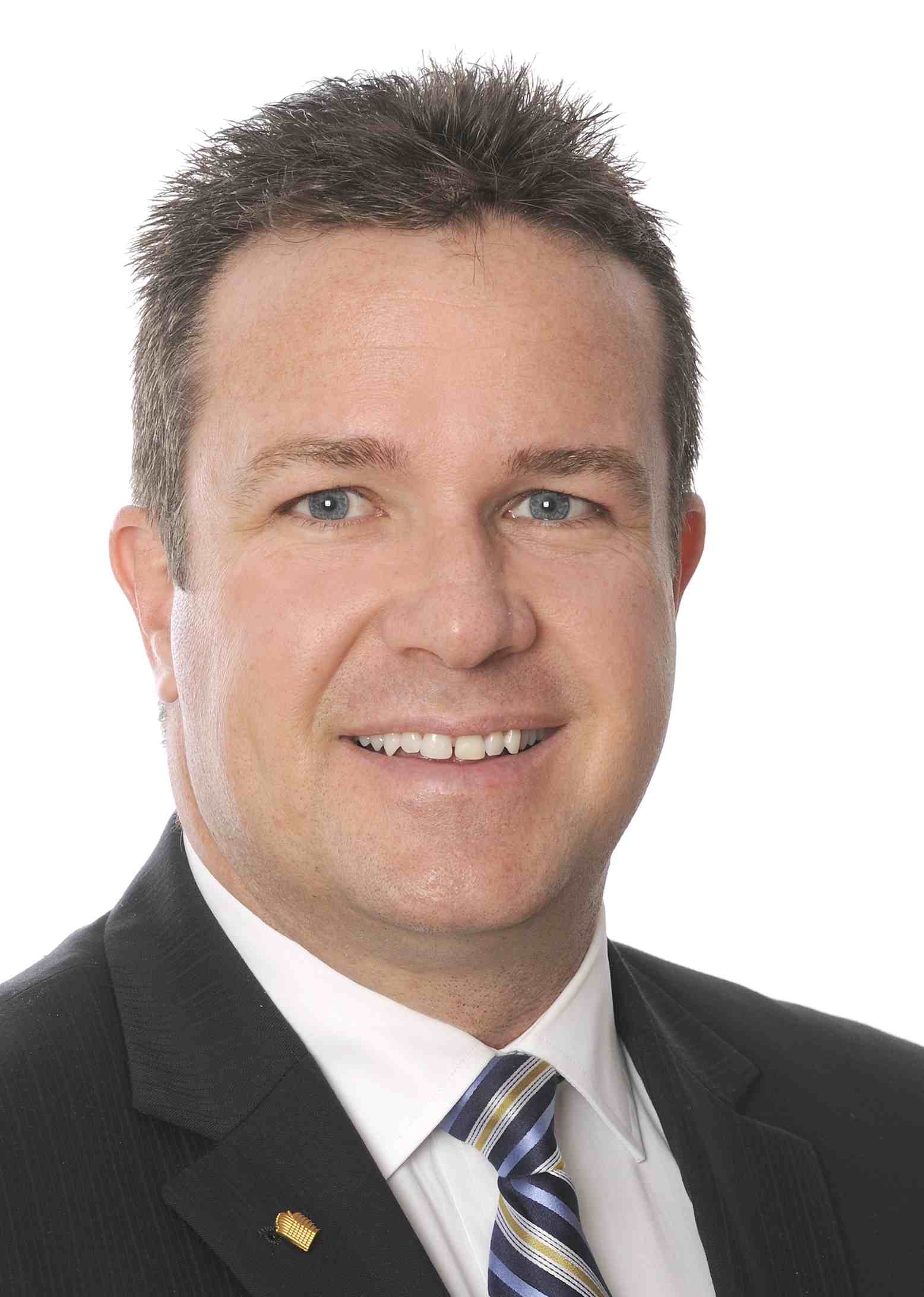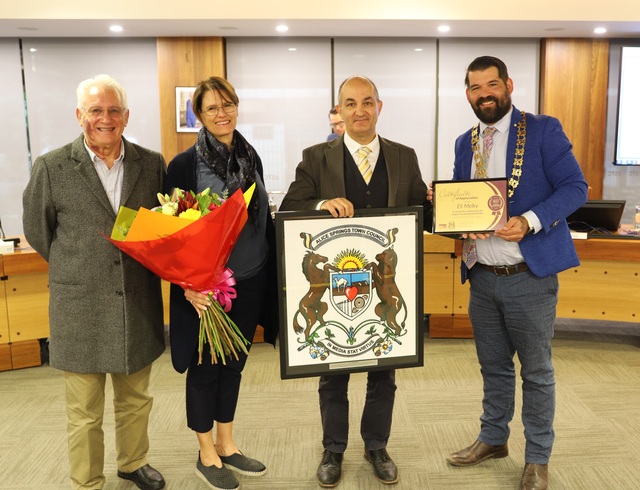The Western Australia Local Government Association (WALGA) has announced that State Government-led reform in the local government sector has moved so far from its original objective that they can no longer support it.
WALGA President Mayor Troy Pickard said that to follow through with reform in a piecemeal fashion would result in a two-tiered system that would be to the detriment of councils and their communities.
Western Australia’s State Government has announced it would carry on with the remainder of the proposed reforms following community polls rejecting three amalgamation proposals that involved six local governments.
WALGA President Mayor Troy Pickard said the process had become flawed beyond repair and the Association would be withdrawing their support for the process.
“Whilst WALGA and the Local Government sector have long supported structural reform, this process has become completely unravelled and we cannot carry on with the remnants.
“Our support has always been for metropolitan-wide reform based on a clear vision, that was fully funded and carried out with a consistent and consultative approach, and the State’s process no longer meets any of these criteria.”
Mayor Pickard said there were too many questions around the benefit to Councils and their communities with the current process for WALGA to continue their support.
“When you consider the effect of remaining boundary adjustments, orphan suburbs, questions around the proposed City of Perth Act and the fact some Councils will actually reduce in size, this process is clearly no longer delivering on its objectives.”
Mayor Pickard said the community polls rejecting Council amalgamations could be seen not only to reflect the value communities place on the Local Government sector but also the lack of a clear plan and consultative process by the State Government with both Local Government and the community.
“We are calling on the State Government to abandon this process and reverse the Governor’s orders.
“WALGA’s mission is to support our members in achieving efficiencies and sustainability.
“The current process has unravelled to such an extent that not only will it not achieve this but we fear it will in fact harm our sector.”








